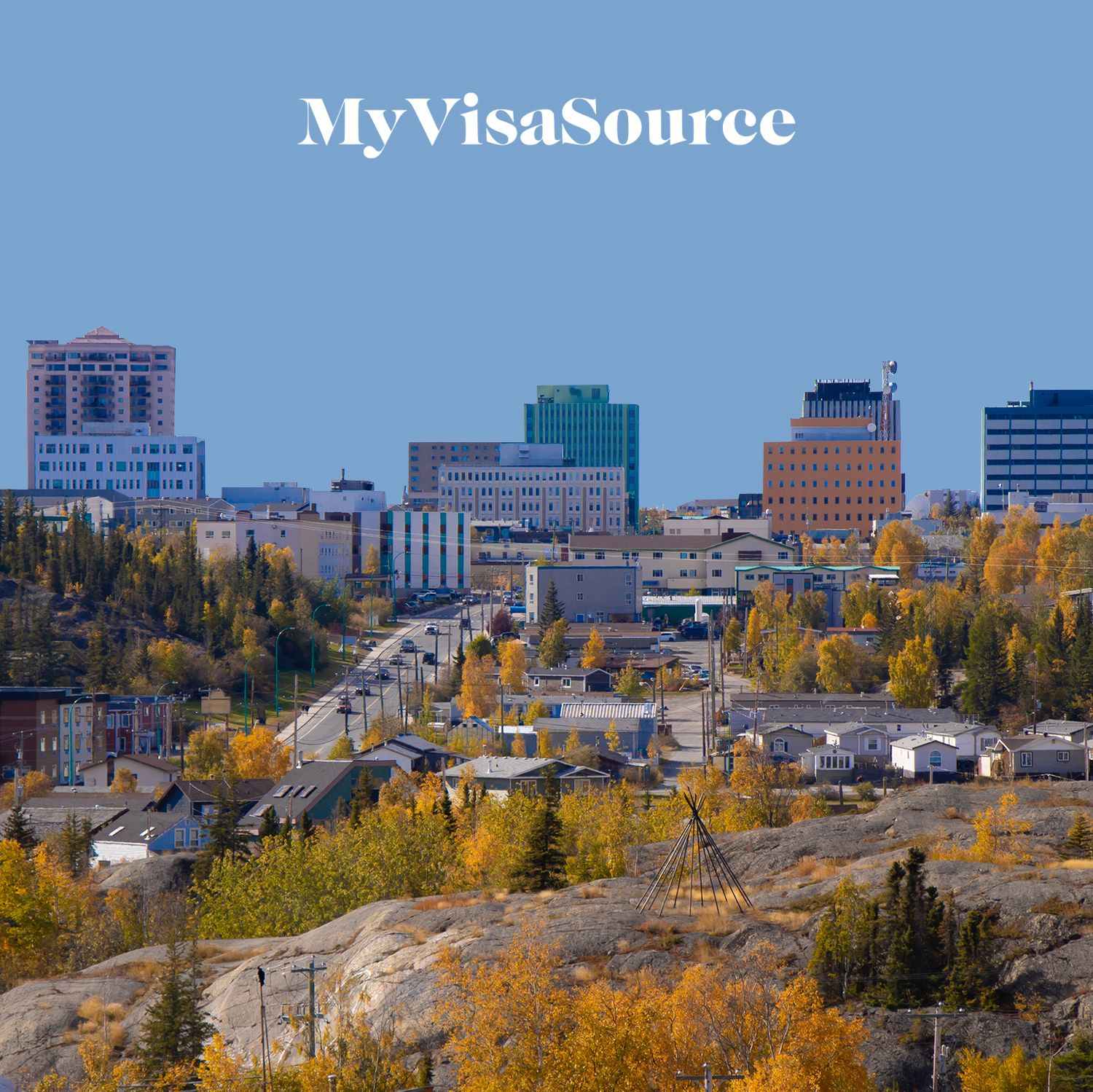Situated to the east of Yukon, the Northwest Territories is a territory to the north of British Columbia, Alberta, and Saskatchewan. Yellowknife is the capital of the Northwest Territories with an estimated population of only 19,569, according to the 2016 Census. However, this number seems to have increased by 5% since the launch of the Northwest Territories Provincial Nominee Program (NTPNP).
The Northwest Territories is a great place to settle down if you are planning to immigrate to Canada. It has a relatively low population, great employment opportunities, and the highest per capita Gross Domestic Income (GDP) out of all Canadian provinces and territories.
The territory has vast natural resources reserves, especially diamonds, gold, and natural gas. The residents of the territory enjoy wide open spaces and good economic opportunities for workers and businesses. The Northwest Territories government recognizes 11 official languages, most of which are spoken by Indigenous people.
What Are the Benefits of Living in the Northwest Territories?
The Northwest Territories have the highest wage per hour in Canada at $13.46. However, people earn much more based on their skills and profession. While the cost of living is a little higher compared to the southern areas of Canada, the government encourages economic immigrants by offering a bonus or supplement.
Most healthcare for permanent residents and citizens is free. Also, there is no provincial sales tax on goods and services. The food and household necessities are almost the same as compared to other provinces.
How Is the Economy in the Northwest Territories?
The economy in the Northwest Territories primarily depends on the extraction of natural gas and petroleum, along with the mining of gold, diamonds, and other precious metals. Therefore, there are great employment opportunities for skilled workers in these industries.
What Are the Demographics in the Northwest Territories?
The population of the Northwest Territories majorly comprises aboriginal people, while the rest is made up of people of English, French, Irish, Scottish and German descent. There are 14 recognized languages spoken in the province including Chipewyan, Cree, and Inuktitut.
Currently, the immigrant population in the Northwest Territories is approximately 3,000. Most of the immigrants are from the Philippines and the United Kingdom. Over 50% of the population follow either Protestant or Catholic faith and there are many other religious groups including the Sikhs, Buddhists, and Hindus in the territory.


















